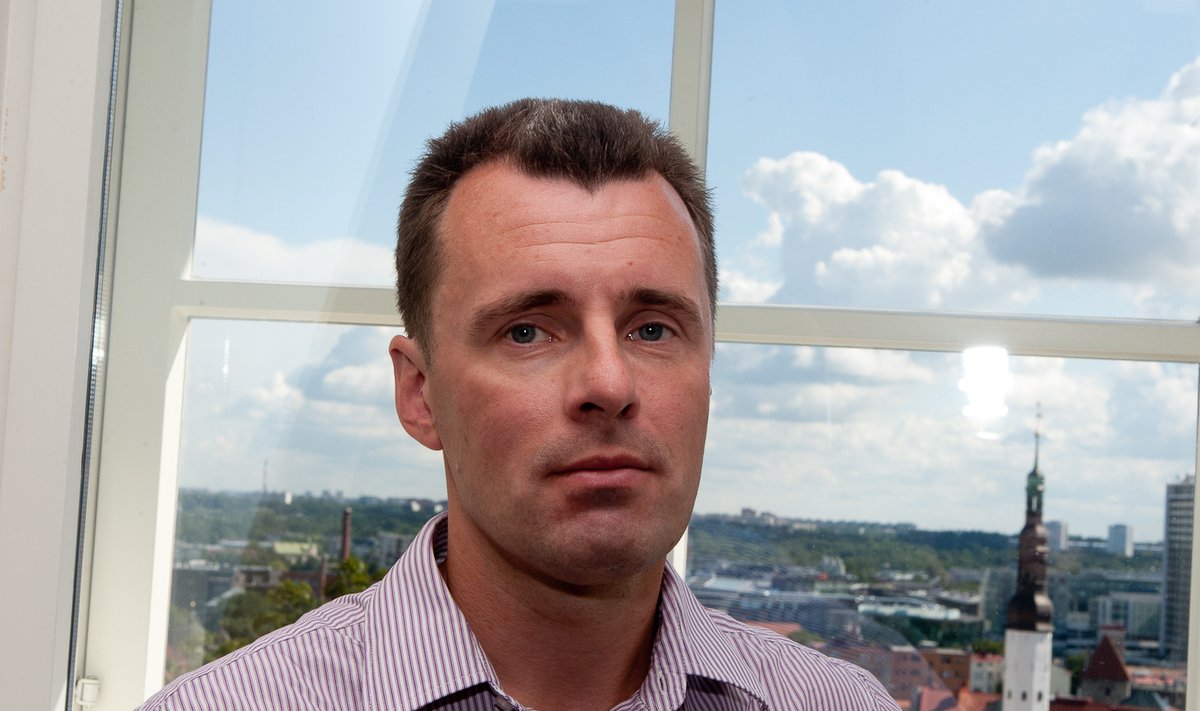Sweden’s defence weakness a danger to Estonia, Tallinn think tank says

The Tallinn-based International Centre for Defence and Security (ICDS) said in the research document called "Swedish Security and Defence in 2014 as Seen from the East" that Sweden is unable to defend itself in case of a military attack, let alone help defend others.
In the research paper, the centre said that Sweden’s defence issues will have a negative effect on Estonia.
"The results of a combination of Russia’s generally aggressive behaviour and the downsizing of the Swedish national defence system over recent decades are obvious. The security vacuum that has been created by the Swedes themselves will eventually be filled, if not by the Swedish armed forces, then by somebody else," ICDS said.
Martin Hurt, the ICDS’s deputy head, said to Eesti Päeveleht that while conducting the research document, he recalled an old saying: "Every state has its army – if you don’t have your own, there will be an alien army in your soil."
"If we look at the recent incident of foreign submarine near Sweden’s coast in October, then it becomes clear that Sweden’s defence ability is so weak that another country is able to conduct submarine operations in its territorial waters. If Sweden cannot ensure its territorial integrity during peace time, then it is obviously unable to do so during the war," Hurt said.
Hurt said that from the point of ensuring the security of Estonia, it is extremely important that Sweden is able to defend its territory.
"If Sweden’s defence abilities are limited or non-existent, then we wouldn’t know what would happen there. NATO would not use Sweden’s territory against their will during the crisis or war. But if there are neither Swedish nor NATO forces in place, then there is a danger that forces from a third country would get involved,” Hurt said.
Apart from the submarine incident near Sweden’s coast in October, there are other signs that Russia is flexing its muscles in the region. 9000 troops, 250 tanks, 55 ships, as well as long-range Iskander missile systems were involved in the Russian military exercises near Kaliningrad and St. Petersburg from 5-10 December. There flights of Russian strategic bombers Tu-95 and Tu-22M have also increased in the region recently.
According to Hurt, it is not known what was the exact objective or scenario of Kaliningrad exercises, and there are very few assessments to evaluate it.
"The Russian military played through various scenarios that combined together don’t seem very logical in the regional context. But taken separately and using a different scenario, they seem more logical. One assessment is that they exercised a sudden strike against a country bordering the Baltic Sea," Hurt said.
Hurt added that the attack wouldn’t necessarily take place against one of the Baltic states. "If we look at the Baltic Sea, we also note Swedish islands – Götland, Öland, as well as Swedish-speaking Åland Islands, which is a Finnish territory. The latter has a great importance for all the states in the region."
However, despite the Ukraine crisis and the submarine incident in the Swedish waters, Sweden is still cutting its defence expenditure. In 2015, six ships will be taken off the service, for example.
According to Hurt, the debate over defence policies has lately intensified in Sweden, but no real decisions have been taken. "There have been reforms for many years, but the new military structures are not properly equipped or manned. Following the Crimea annexation, Swedish politicians have not taken decisions that are backed up by the defence budget," Hurt said.
The research paper concludes that Sweden has lost valuable time, regardless of its decision whether to join NATO or increase its defence budget instead. Even if Sweden decided to improve its military capability, it would now take 7-10 years to achieve the necessary level.
Last, but not least, the paper concludes that the sovereignty of the Baltic states is in correlation with Sweden’s defence capability.